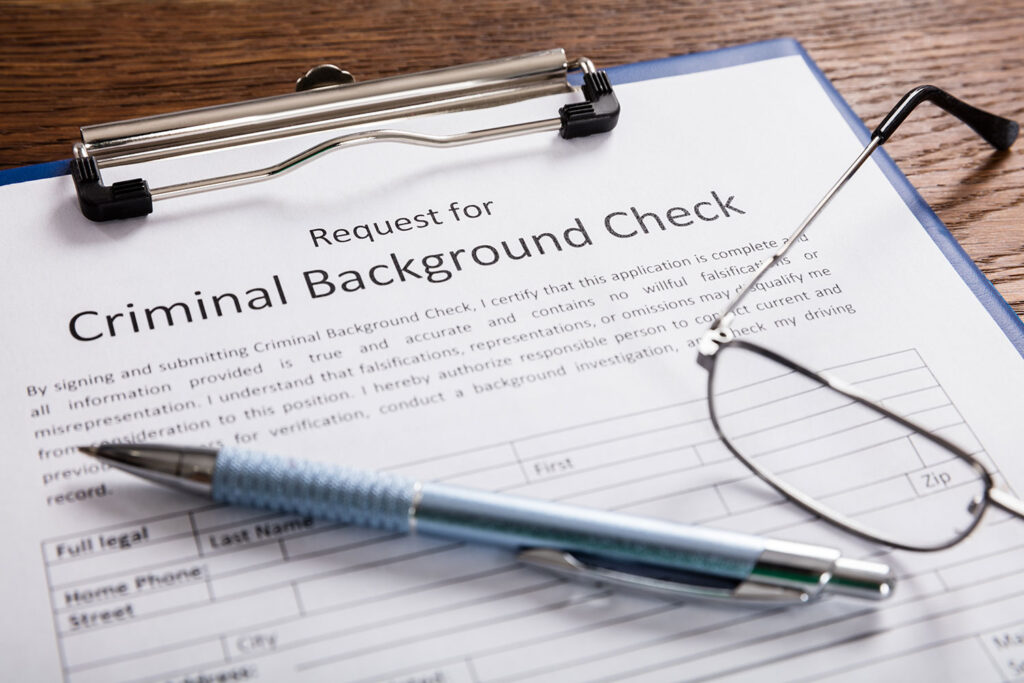
Minnesota’s New Second Chance Law
Effective January 1, 2015 Minnesota’s new Second Chance Law will overhaul the current expungement law. Expungement is a court-ordered sealing of a person’s criminal record. A person’s criminal record contains anything from criminal investigative and arrest data to criminal charges, citations and convictions. It is important to remember that expungement does not destroy these records, but seals them. They may still be opened under specific circumstances under Minnesota Statute. A criminal record, no matter how minimal, may have a dramatic impact on your ability to find employment or housing. Seeking an expungement means that you do not have to disclose your criminal record, and that information will not show up on a background check.
Under the current law, criminal records may be expunged in two ways: an expungement under statutory grounds, or pursuant to the court’s inherent authority. Expungement under the court’s inherent authority only seals the records kept within the judiciary, while expungement under statutory grounds seals the records within the judiciary, as well as the public records held by most government agencies. Statutory grounds are found under Minnesota Statute and are limited to the following:
- Certain first-time drug possession offenses resolved under specific statutes;
- Offenses committed by juveniles who were prosecuted as adults; and
- When criminal proceedings were resolved in favor of the petitioner.
The new Second Chance Law drastically expands the statutory grounds for expungement. Under the new Minnesota Statute (effective January 1, 2015) a person may seek expungement of his or her criminal record, not only on the previous three grounds (above), but also if:
- All pending actions or proceedings were resolved in favor of the petitioner. This is narrow and only applies if the person does not admit guilt, essentially requiring a case to result in a dismissal, acquittal, or completion of diversionary program without admitting guilt.
- The petitioner has successfully completed the terms of a diversion program or stay of adjudication and has not been charged with a new crime for a least one year since completion of the diversion program or stay of adjudication.
- The petitioner was convicted of or received a stayed sentence for a petty misdemeanor or misdemeanor and has not been convicted of a new crime for at least two years since discharge of the sentence for the crime;
- The petitioner was convicted of or received a stayed sentence for a gross misdemeanor and has not been convicted of a new crime for at least four years since discharge of the sentence for the crime; or
- The petitioner was convicted of or received a stayed sentence for a felony violation of an offense listed and has not been convicted of a new crime for at least five years since discharge of the sentence for the crime. The new statute lists 50 low-level, nonviolent felonies that can be expunged.
**It is important to remember that this new law does not currently apply to crimes of domestic violence until it is approved in the next legislative session on July 15, 2015.
The new Second Chance law opens the door to new opportunities for expunging a person’s criminal record. The court will take into account twelve factors relating the characteristics of the individual and the underlying offense. The primary burden is on you to prove to the court that you deserve expungement. An experienced attorney can help you navigate this new law, so that you successfully carry that burden.
Attorneys Tom Sieben and Patrick Cotter have years of experience navigating Minnesota’s legal system and have successfully defended countless criminal cases. If you want skilled and experienced criminal defense attorneys on your side, call the Sieben & Cotter Law Office at 651-455-1555 for your free initial consultation.
